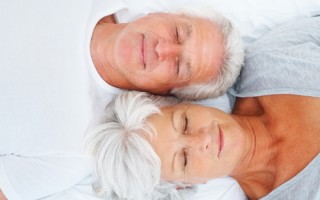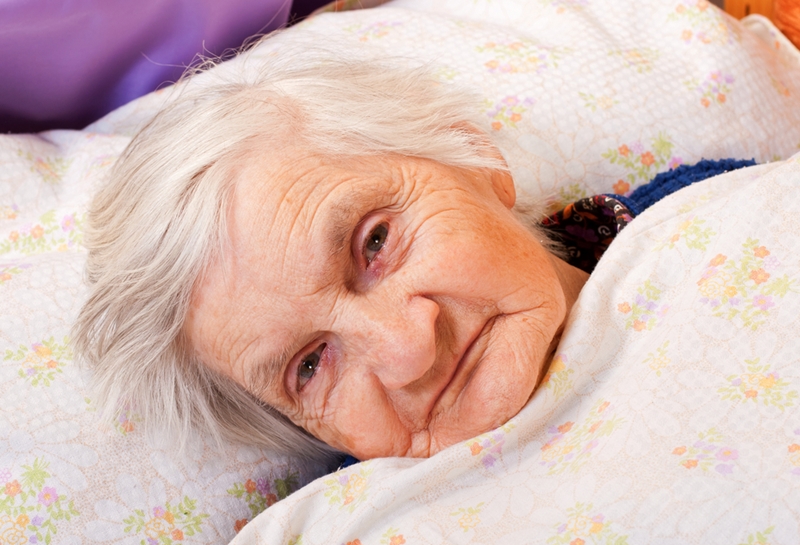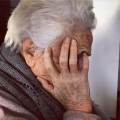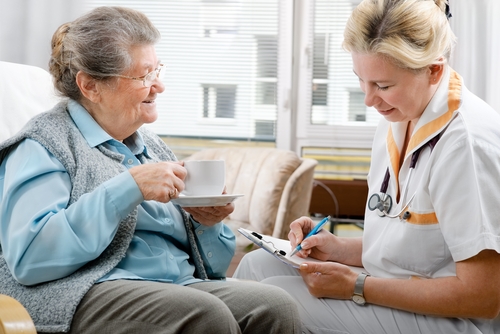
As a long-term care provider, you likely have noticed many of your elderly residents develop various sleep-related problems or disorders – and this is not uncommon. When people age, most sleep experts find that they experience changes to their sleeping patterns, such as trouble falling asleep, waking up frequently, getting less quality sleep and sleeping fewer hours, according to Healthline. One of the best ways to provide excellent quality of care to these residents is to understand what could be causing these sleeping issues, along with strategies you can use to help them feel more rested during the day.
What are the most common causes for sleeping problems?
Many of your residents may be on various types of medication, such as diuretics or antihypertensive drugs, that may be affecting their quality of sleep. Others may be suffering from a primary sleep disorder, such as insomnia, sleep apnea, restless leg syndrome, periodic leg movement disorder, REM behavior disorder or circadian rhythm sleep disorder. While any of these factors may be causing sleeplessness in your elderly residents, there could be an underling medical issue as well. Conditions that are suspected as being linked to sleep problems include cardiovascular, neurological, respiratory, chronic pain, gastrointestinal, Parkinson's and Alzheimer's disease.

The associations between sleeplessness and dementia
Dementia of the Alzheimer's Type is currently the most common form of dementia for the elderly, affecting nearly 1 in 10 people over the age of 65. Research has long pointed to a lack of sleep being a symptom commonly affecting those with Alzheimer's disease. However, a recent study indicates that this sleeplessness in combination with untreated depression may significantly heighten the risk for the disease, even for those who do not have the genetic predisposition to develop it later in life.
"Previous research has attempted to explore the relationship between depression, sleep disturbance and Alzheimer's disease. Our research is significant in that it is the first to find an increased risk of Alzheimer's disease due to insomnia and depression independently, as well as in combination with genetic risk factors," Shanna Burke, primary investigator for the study and Assistant Professor of Social Work at the FIU Robert Stempel College of Public Health & Social Work, told FIU News.
"There are many factors that go into sleeping problems with the elderly."
The paper, "Associations between depression, sleep disturbance, and apolipoprotein E in the development of Alzheimer's disease: dementia," further supports growing theories that problems with sleep is not merely a symptom of dementia, but also a risk factor early on. Steffens remarked that future studies will be needed to fully understand the role sleep plays in the development of Alzheimer's, whether as its own risk indicator or in congruence with depression.
Supporting your elderly residents with sleep problems
While there are many factors that go into sleeping problems with the elderly, there are ways you can support your residents in getting a good night's rest. Though sleeping pills are commonly seen as a way to help those with various forms of insomnia and other disorders, medication should not be the only option and in fact, should not be the first option tried. The National Center for Biotechnology Information recommends various relaxation techniques, good "sleep hygiene" and stimulus control to promote better sleeping habits.
First, you can begin hosting and promoting relaxation exercises for your residents in the evening. You can enlist the help of local instructors to hold low-key tai chi, yoga or meditation sessions that will help your residents feel more relaxed and ready to sleep. You can also encourage good "sleep hygiene," which includes not drinking caffeinated beverages or alcohol at least six hours before bedtime, avoiding smoking, not eating large meals before going to sleep and making sure sleeping areas are quiet, dark and comfortable. Finally, stimulus control focuses on creating strict bedtime habits and only using the bed for sleeping, not other stimulating activities, such as watching television or eating.
To learn more about providing quality care for your residents with sleeping problems, take one of Mariposa Training's long-term care courses, such as "Sleep Disorders: Working with Sleep Disorders and the Elderly SNF Resident," today!



